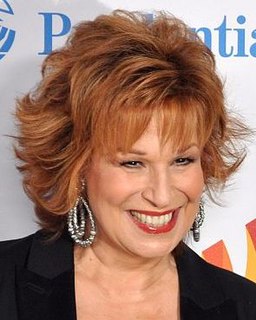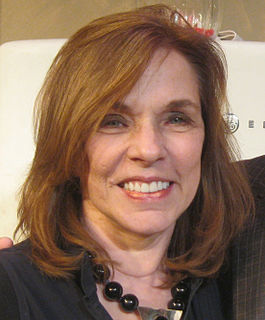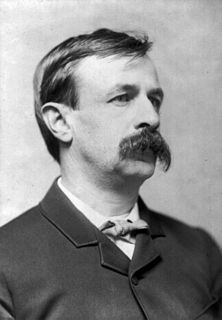A Quote by John Cheever
Who reads short stories? one is asked, and I like to think that they are read by men and women in the dentist's office, waiting to be called to the chair; they are read on transcontinental plane trips instead of watching banal and vulgar films spin out the time between our coasts; they are read by discerning and well-informed men and women who seem to feel that narrative fiction can contribute to our understanding of one another and the sometimes bewildering world around us.
Quote Topics
Another
Around
Asked
Banal
Between
Chair
Contribute
Dentist
Discerning
Feel
Fiction
Films
Informed
Instead
Like
Men
Men And Women
Narrative
Office
Our
Out
Plane
Read
Reads
Seem
Short
Short Stories
Sometimes
Spin
Stories
Think
Time
Trips
Understanding
Us
Vulgar
Waiting
Watching
Well
Well-Informed
Women
World
Related Quotes
There are two races of people -- men and women -- no matter what women's libbers would have you pretend. The male is motivated by toys and science because men are born with no purpose in the universe except to procreate. There is lots of time to kill beyond that. They've got to find work. Men have no inherent center to themselves beyond procreating. Women, however, are born with a center. They can create the universe, mother it, teach it, nurture it. Men read science fiction to build the future. Women don't need to read it. They are the future.
Turkey is a complex country. Most readers are women, of all generations, and they are passionate about books. However, the written culture is mostly patriarchal. In general, men write; women read. I would like to see this pattern changing. More women should write novels, poems, plays, and hopefully, more men will read fiction.
We have to hear the stories of women at all ages of their lives in order to really present a picture of what it felt like to be alive in our time. That's what our job is as writers is to present that and create it. Our job as writers isn't to make as much money as we can. Our job is to create a record of this time. That's why if you leave out women and the stories of women, we failed at our mission. All of us. Men and women.
My older brother and I read all the time. My father read, but only things related to religion. One year, he did read a set of stories that was called something like '365 Stories' out loud to us. They followed a family for the year, a page a day. They were about kids with simple problems - like a wheel coming off their bicycle.
I know of no other practise which will make one more attractive in conversation than to be well-read in a variety of subjects. There is a great potential within each of us to go on learning. Regardless of our age, unless there be serious illness, we can read, study, drink in the writings of wonderful men and women. It is never too late to learn.
The most dangerous lovers women have are men of Cordis's feminine temperament. Such men, by the delicacy and sensitiveness of their own organizations, read women as easily and accurately as women read each other. They are alert to detect and interpret those smallest trifles in tone, expression, and bearing, which betray the real mood far more unmistakably than more obvious signs.
For most of human history, 'literature,' both fiction and poetry, has been narrated, not written — heard, not read. So fairy tales, folk tales, stories from the oral tradition, are all of them the most vital connection we have with the imaginations of the ordinary men and women whose labor created our world.
There's a certain kind of conversation you have from time to time at parties in New York about a new book. The word "banal" sometimes rears its by-now banal head; you say "underedited," I say "derivative." The conversation goes around and around various literary criticisms, and by the time it moves on one thing is clear: No one read the book; we just read the reviews.






































